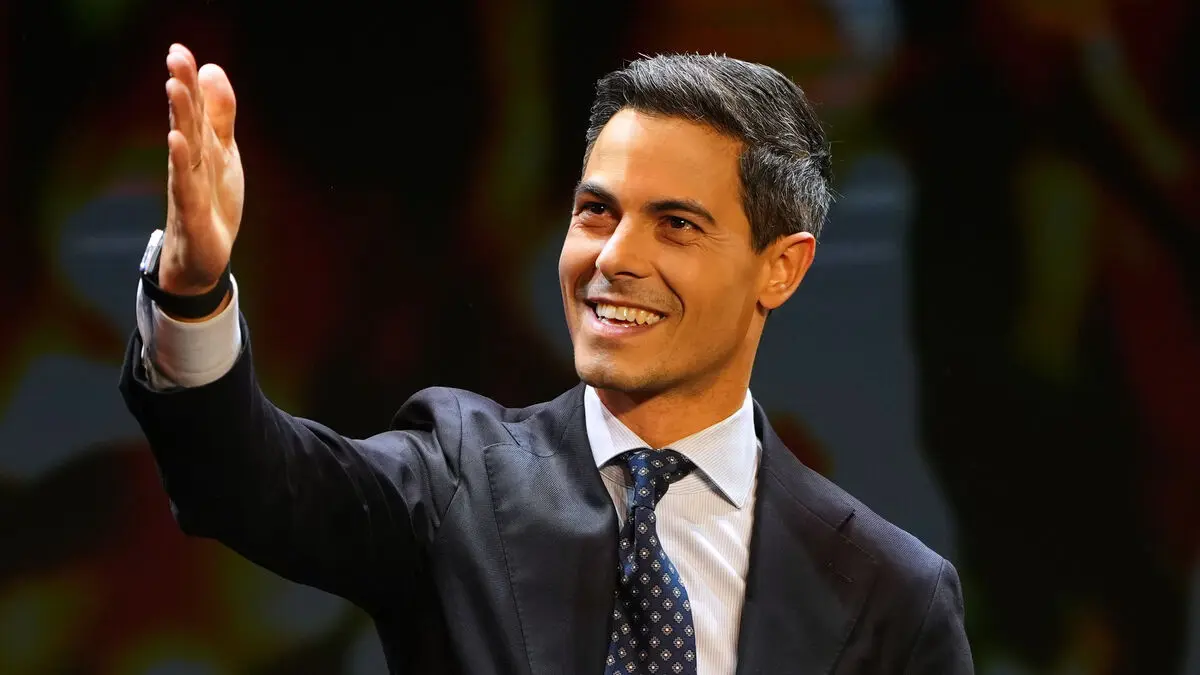On Thursday morning, the vote count went back and forth between Jetten's left-liberal party D66 and Geert Wilders' far-right party PVV. At noon, the PVV was in the lead with just under 2,000 votes, according to Dutch television.
However, counting is still underway in Amsterdam, where final figures are not expected until Friday evening. The votes from abroad are not expected to be counted until Monday.
Both Jetten and Wilders emphasize that the party that becomes the largest should have the first chance to form a government. As the overall election results show, Jetten is expected to have the clearest chance of forming a coalition, as several major parties have rejected a collaboration with the PVV.
A stable government must be formed quickly, Jetten urges, according to the NOS television company.
Like Obama?
38-year-old Jetten has been successful in the election campaign and has raised his party from 9 to 26 seats. Not least, he has gathered votes from those who want politicians to not only talk about asylum and migration.
While that issue ranks as the most important issue for voters overall, according to a large polling station survey conducted for Dutch television on election day, D66 voters only ranked it fourth, far behind, for example, the housing crisis and healthcare.
Rob Jetten has also attracted voters with his optimistic tone. His slogan “Het kan weel” – it is possible – clearly refers to former US President Barack Obama’s famous “Yes, we can”. Jetten is portrayed as a cross between Obama and former Dutch Prime Minister Mark Rutte.
Difficult for the left
For Geert Wilders, the election was a setback in terms of votes and mandates. However, the far-right veteran is unlikely to weaken, even if he ends up in opposition. Overall, the far-right also made a stronger election than last time, if you include the mandates for other parties.
However, the Dutch left wing is in turmoil since both the left-wing party PS and the social democratic-green alliance GL/PVDA lost ground in the elections.
This is how many seats the parties will receive in the Dutch elections, according to the latest forecast on Thursday:
D66 (left-liberal): 26 (+17)
PVV (far right): 26 (-11)
VVD (right-liberal): 22 (-2)
GL/PVDA (Greens and Social Democrats): 20 (-5)
CDA (Christian Democrats): 18 (+13)
JA21 (far right): 9 (+8)
FVD (far right): 7 (+4)
BBB (peasant populist): 4 (-3)
SP (left party): 3 (-2)
PVDD (animal rights party): 3 (+-0)
SGP (Christian): 3 (+-0)
Denk (immigrant party): 3 (+-0)
CU (Christian): 3 (+-0)
50 Plus (retirement party): 2 (+2)
Volt (pan-European): 1 (-1)
NSC (conservative): 0 (-20)
Source: Dutch television, NOS






